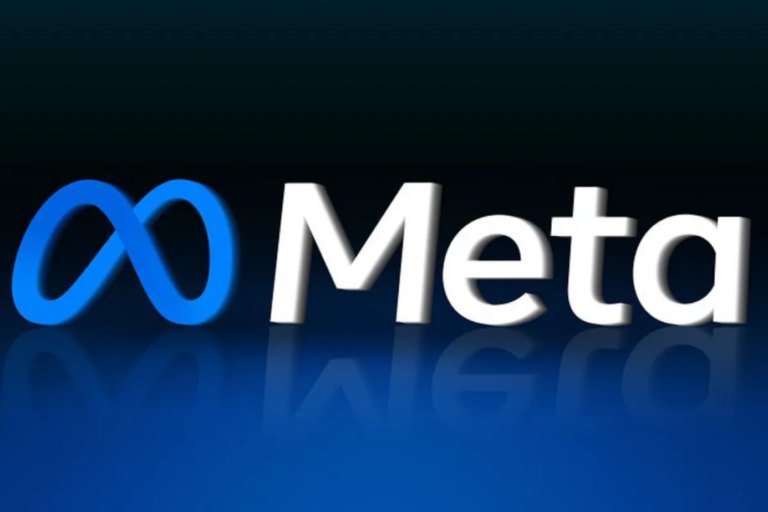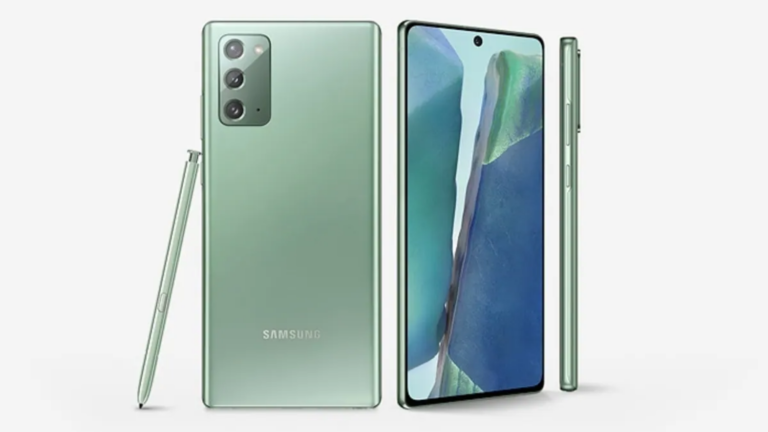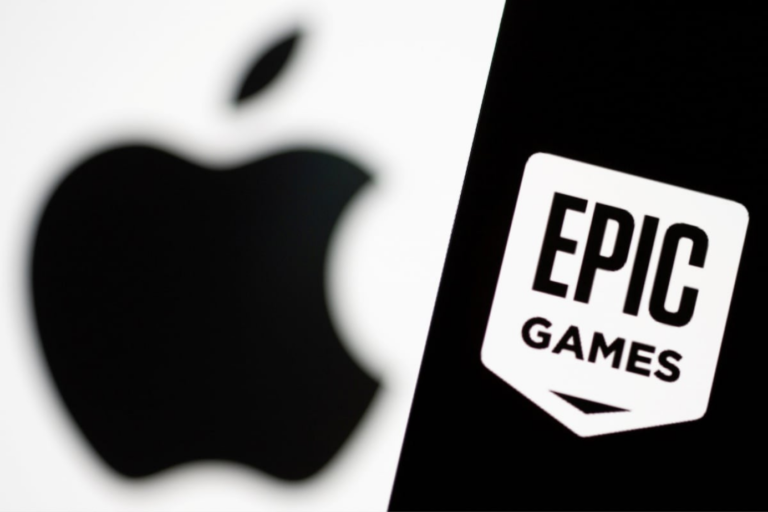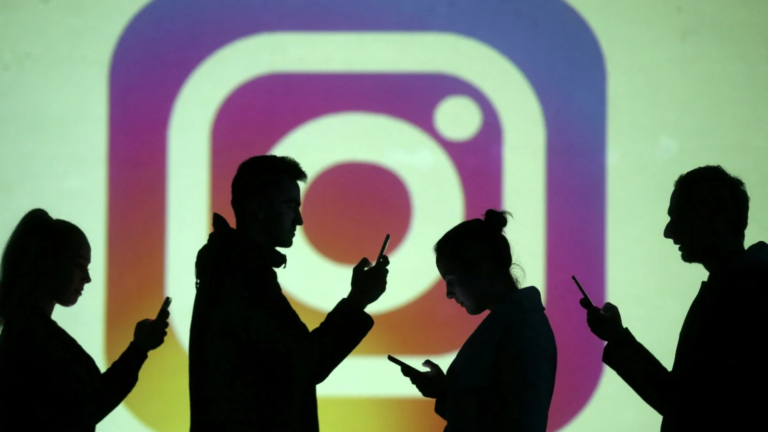Apple and Fortnite’s parent company engaged in a legal face-off on Monday before three federal appellate judges who are poised to make a crucial decision in a high-stakes dispute. The central issue revolves around whether Apple’s exclusive control over its iPhone app store constitutes an unlawful monopoly, a situation that commonly suppresses competition and elevates consumer costs.
The verbal exchanges took place at the Ninth Circuit Court of Appeals, with attorneys representing Apple and Epic Games presenting their arguments. This comes after a lower court ruling in September 2021 that predominantly upheld Apple’s authority over the apps available on over a billion iPhones globally. The 75-minute session served as a preview to an anticipated decision by the appeals court, likely to be issued next year.

Apple’s iPhone app store, often referred to as a “walled garden,” features a payment system that directs commission revenue to Apple, ranging from 15 percent to 30 percent on certain subscriptions and digital services. This setup generates an estimated $15 billion to $20 billion annually for Apple, contributing to its staggering market value of nearly $2.4 trillion.
Epic Games’ lawyer, Thomas Goldstein, portrayed Apple’s walled garden as a strategy to enhance profits at the expense of app developers who played a crucial role in the iPhone’s popularity. According to Goldstein, the only entities excluded by Apple’s restrictions are its competitors.

In defense, Apple’s lawyer, Mark Perry, asserted that the walled garden is a vital feature valued by consumers seeking optimal protection for their personal information. Perry highlighted it as a means for iPhones to stand out from devices using Google’s less restrictive Android software, licensed to various manufacturers.
Perry proudly stated that Apple’s decision aimed to create the safest, most secure, and most private computing device globally. He argued that the walled garden keeps out fraudsters, “pornsters,” and hackers. Perry referenced Epic CEO Tim Sweeney’s previous testimony, where Sweeney acknowledged owning an iPhone due to its security and privacy features.

During the questioning, two of the three judges, Milan D. Smith Jr. and Michael J. McShane, appeared uncertain about whether Epic had sufficiently proven its case. Smith questioned Epic’s ability to define the relevant market, a pivotal aspect in antitrust cases, while McShane inquired whether Epic had demonstrated that Apple had made it excessively burdensome and costly for dissatisfied iPhone users to switch to an Android device.
Despite the legal intricacies, the judges’ questions indicated varying perspectives, with some expressing skepticism about Epic’s claims and the nature of Apple’s alleged anticompetitive practices.





